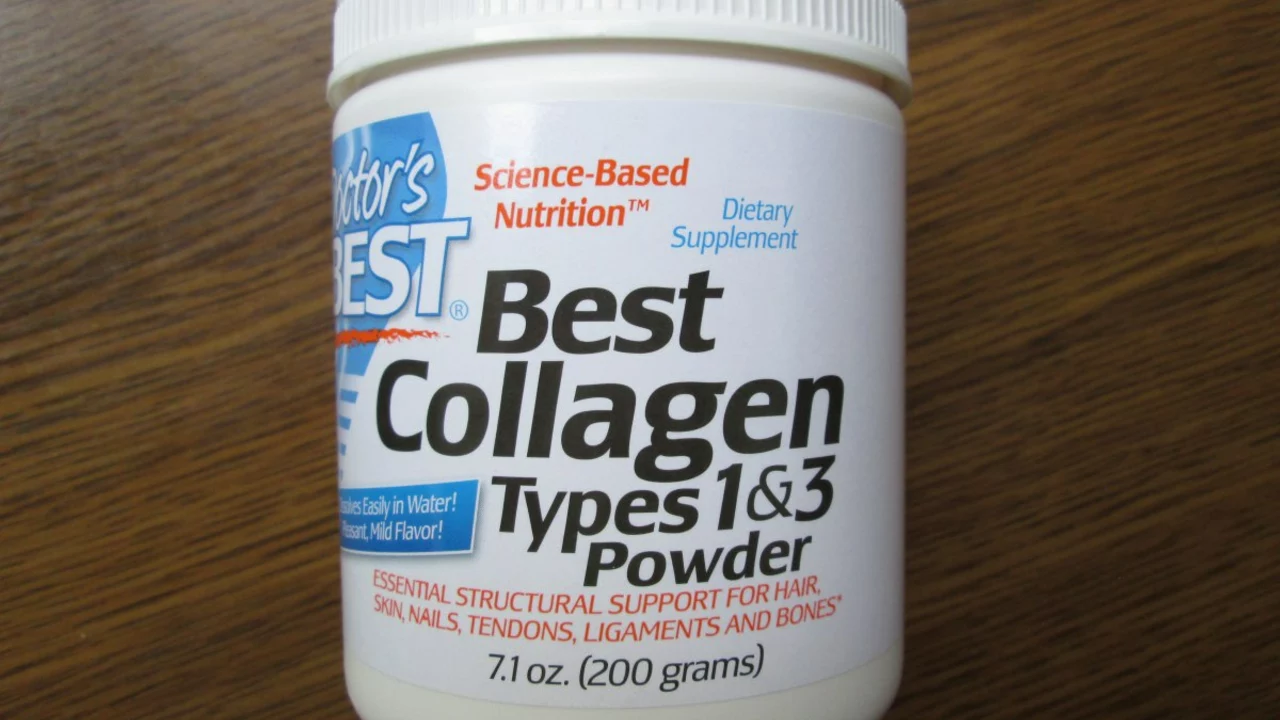Collagen Type II: What It Does for Your Joints
Your joints rely on cartilage, and cartilage relies on collagen type II. Not all collagen is the same — type II is the main collagen in joint cartilage. If you're dealing with stiffness, creaky knees, or early osteoarthritis, understanding collagen type II can help you choose smarter supplements and lifestyle steps.
How collagen type II works
Collagen type II is a structural protein in cartilage that helps it absorb shock and glide smoothly. When cartilage breaks down, joint pain and stiffness follow. Some supplements aim to slow that breakdown or reduce inflammation around the joint. There are two common supplement forms: undenatured type II collagen (often labeled UC-II) and hydrolyzed (broken-down) collagen. UC-II is taken in very small doses — usually about 40 mg daily — and may act by teaching the immune system to tolerate joint cartilage. Hydrolyzed collagen provides amino acids that could support tissue repair but usually requires higher doses.
Clinical trials have shown benefit for undenatured type II collagen in people with knee osteoarthritis or exercise-related joint pain. Many studies report symptom improvement in roughly 8–12 weeks with the typical 40 mg daily UC-II dose. Hydrolyzed collagen studies show mixed results and often use larger amounts (several grams per day).
How to use supplements safely
Thinking about trying collagen type II? Here’s a simple plan you can follow. If you choose UC-II, follow product directions — most use 40 mg once daily. If you go with hydrolyzed collagen, common doses range from 2.5 to 10 grams daily depending on the product. Give any supplement at least 8–12 weeks to see if it helps. Track pain, stiffness, and how your mobility changes so you can judge benefit.
Watch for interactions and safety: collagen supplements are usually well tolerated. If you have autoimmune conditions or take immune-suppressing drugs, check with your doctor before using UC-II because of its immune-modulating effects. People with allergies to chicken, beef, or fish should read labels carefully — collagen sources vary. Pregnant or breastfeeding people should consult a clinician first.
Don’t forget non-supplement steps that help cartilage: maintain a healthy weight, strengthen muscles around the joint, and avoid repetitive high-impact activities. Bone broth and cartilage-rich foods contain type II collagen, but amounts are small and vary a lot, so food alone may not match supplement dosing.
When choosing a product, look for brands that third-party test purity and list the collagen type clearly. Avoid big claims like “cures arthritis.” Instead, expect modest improvements in pain and function for many users, not miracles.
Want to try it? Pick a clear-label UC-II product or a reputable hydrolyzed collagen, follow the suggested dose, and reassess after three months. If symptoms improve, you’ve likely found a helpful tool in your joint-care toolbox. If not, talk with your healthcare provider about other options like physical therapy, weight management, or prescription treatments.

 Jun, 18 2023
Jun, 18 2023